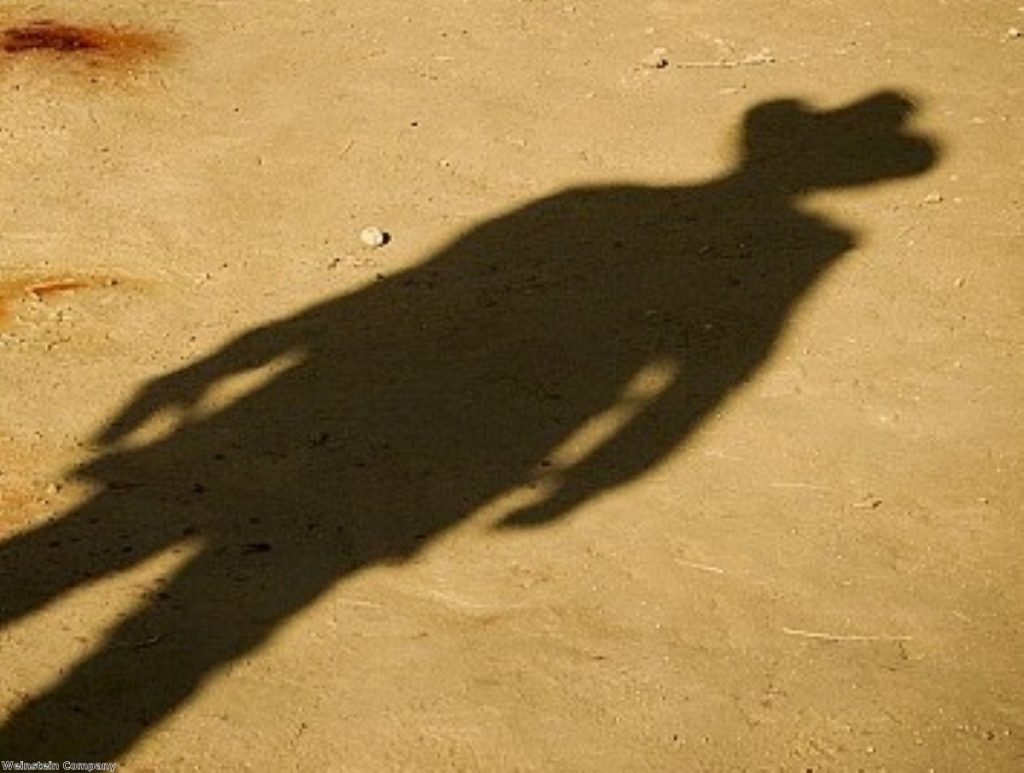High noon: Press might boycott Leveson regulator
Much of the press was deciding whether it would buckle to regulation this morning, as several outlets took legal advice over what would happen to them if they refuse to take part.
Associated Newspapers, News International, The Telegraph Media Group and Express publishers Northern & Shell said they were taking "high-level legal advice" about whether to join the new watchdog, with the mood music suggesting several senior figures are planning on calling parliament's bluff.
"No representative of the newspaper and magazine industry had any involvement in, or indeed any knowledge of, the cross-party talks on press regulation that took place on Sunday night," the newspapers said in a statement.
"Early drafts [of the royal charter] contained several deeply contentious issues which have not yet been resolved."


Any newspaper which does not sign up to the system will face exemplary damages in the courts the next time it faces a legal challenge over its coverage under plans comfortably passed by parliament last night.
However, it is possible the Human Rights Act could protect newspapers against the damages – an ironic twist of fate for an industry which routinely attacks the legislation.
The Guardian and the Independent are stood to one side of most of the industry, with the editors of both titles saying they are comfortable with the new system.
Independent editor Chris Blackhurst said the proposed regulator "isn't perfect, but neither is it terrible".
Guardian editor Alan Rusbridger said: "The regulatory settlement is by and large a fair one, with compromises on all sides. We retain grave reservations about the proposed legislation on exemplary damages. The agreed terms are not ideal but after two years of inquiry and debate we finally have the prospect of what the public wants – a robust regulator that is independent of both press and politics. It's a big improvement on what went before."
The Telegraoh and the Times said parliament had "crossed the Rubicon" and moved against a free press while the Mail branded the creation of the new system "a shambles" and attacked MPs for an "orgy of self-congratulation".
The Sun quoted ex-Cabinet minister Peter Lilley, who savaged the new system during the debate yesterday as equivalent to George Orwell's Ministry of Truth in the novel 1984.
He added: "The regulator can require those who subscribe to publish a factual correction.
"That is a dangerous step. We are giving a body the right to decide what is fact and what is true.
"At worse, it is going to be establishing a sort of mini self-appointed Ministry of Truth who can decide what is true and must be published, and what is false and must be withdrawn."
There was anger in the local newspaper industry at the way the new system seemed to ignore the financial pressures facing local newspapers.
But the severest confusion was around online news and comment sites, like politics.co.uk, which may or may not fall under the remit of the watchdog.
Downing Street insisted blogs would not be included in the system, but it is hard to envisage a workable definition of a news site, whether it be by staff numbers, content or location of servers.
Many of the chaotic elements of the plans could stem from the late-night agreement formed yesterday morning in Ed Miliband's office.
Newspapers were particularly aggrieved at the fact Oliver Letwin signed the deal on David Cameron's behalf while periodically leaving the room to discuss matters with his boss.

